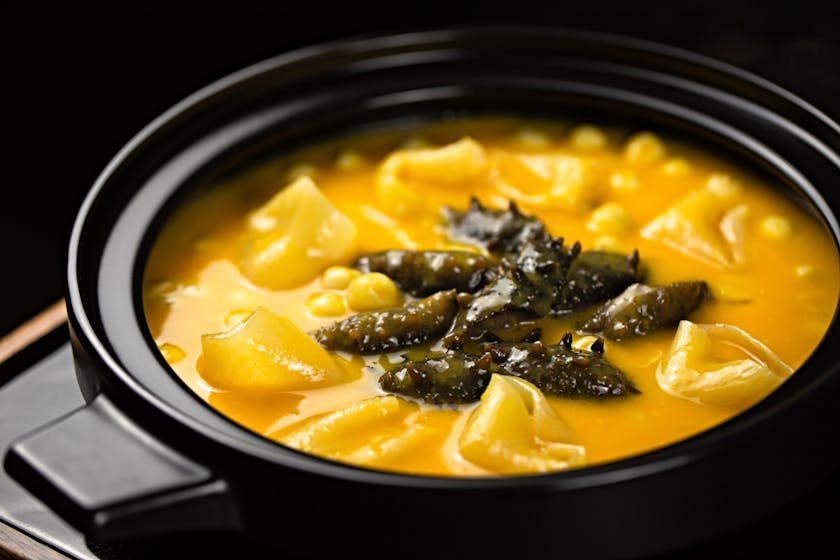When considering bulk meal storage for emergency preparedness, it’s essential to approach this task with a strategic plan. Ensuring you have enough sustenance for unforeseen circumstances not only provides peace of mind but could also prove to be a lifesaver.
Understanding the Basics of Emergency Bulk Meal Storage
Before diving into the how-to of bulk meal storage, it’s important to understand the why. Emergencies can come in many forms, such as natural disasters, power outages, or other unforeseen events. Having an ample supply of food can help you and your family stay nourished and calm during these stressful times.
Selecting the Right Foods for Your Bulk Storage
When choosing foods for your emergency stash, consider long shelf life and nutritional value. Non-perishable items such as rice, beans, canned vegetables, dried fruits, and powdered milk are staples in any emergency food storage. Remember to cater to dietary restrictions and preferences to ensure that everyone in your household has something they can eat.
Proper Storage Techniques to Maximize Shelf Life
The way you store your bulk foods can significantly impact their shelf life. Use airtight containers, preferably made of glass or food-grade plastic. Label each container with the contents and the date of storage. Keep your storage area cool, dry, and away from direct sunlight to prevent spoilage.
Organization Strategies for Easy Access and Rotation
Organize your supplies in a way that allows you to easily access them when needed. Implement a first-in, first-out rotation system to use the oldest items first, ensuring your stock is always fresh. This system also makes it easier to track your inventory and know when it’s time to replenish.
Incorporating Bulk Meal Storage into Your Regular Cooking Routine
Make the most of your bulk meal storage by integrating these items into your regular cooking routine. This will not only keep your stock rotated but also familiarize you with cooking these ingredients, making meal preparation easier during an emergency.
Calculating How Much Food You Need to Store
Determine the amount of food you need to store by considering the number of people in your household and the length of time you want to be prepared for. A general guideline is to have at least a three-day supply of non-perishable food per person, but aiming for a two-week supply is even better for extended emergencies.
Ensuring Nutritional Balance in Your Emergency Meals
A well-balanced diet is crucial, even in emergency scenarios. Include a variety of proteins, carbohydrates, and fats, as well as vitamins and minerals. Don’t forget to store a supply of water – at least one gallon per person per day for drinking and sanitation.
Dealing with Special Dietary Needs and Allergies
If someone in your family has dietary restrictions or allergies, make sure to have suitable alternatives available in your emergency food storage. Gluten-free, nut-free, and other specialty items should be included as needed.
Maintaining Your Bulk Meal Storage
Regularly check your stored items for any signs of spoilage or pests. Keep a detailed inventory and replace any items that are used or that have reached their expiration date. This maintenance will ensure that your emergency food supply is always ready when you need it.
Learning from Experts: Tips and Tricks for Efficient Storage
Don’t hesitate to learn from emergency preparedness experts. They can provide valuable insights into the most efficient and effective ways to store bulk meals. Online resources, workshops, and community groups can be great sources of information.
Combining Bulk Meal Storage with Other Preparedness Measures
While food is essential, it’s only one part of emergency preparedness. Combine your bulk meal storage efforts with other measures such as having a well-stocked first aid kit, emergency lighting, and communication devices to ensure comprehensive readiness.
By following these guidelines, you can establish a reliable bulk meal storage system for emergency preparedness. With thoughtful planning and regular maintenance, you’ll be well-equipped to handle any situation that arises, keeping your family safe and well-fed.



